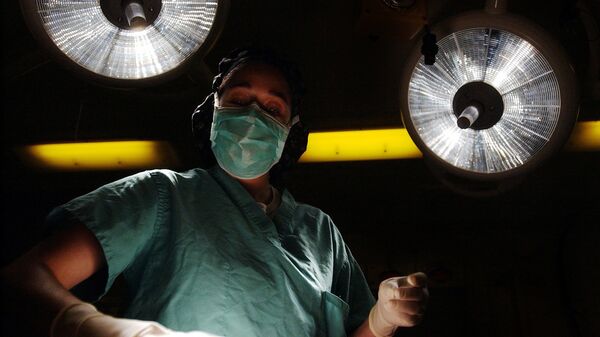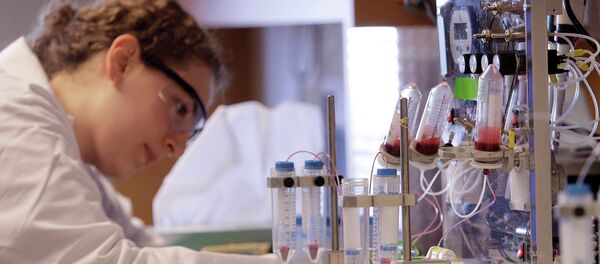Biomedical scientists at a recent meeting of the American Society for Microbiology revealed that bacteria containing an mcr-1 gene which confers resistance to colistin — the "antibiotic of last resort" — has become disturbingly widespread over the 1.5 years since its discovery.
England's chief medical officer Sally Davies described the process as a fast-approaching "antibiotic apocalypse," and declared that if humans fail to develop new types of antibiotics or find an alternative solution, our next generations could be deprived of the ability to perform even routine medical operations. For instance, a patient could die from peritonitis if antibiotics have no effect during appendix-removal surgery.
International scientists, health officers, pharmaceutical chiefs and politicians will deliberate measures to be taken to cope with one of the greatest challenges humanity will face.
Currently, about 700,000 people die from drug-resistant infections annually. But as drug resistance continues to spread, the numbers grow persistently, and could reach 10 million people a year in just three decades.
"Routine surgery, joint replacements, caesarean sections, and chemotherapy also depend on antibiotics, and will also be at risk," said Jonathan Pearce, head of infections and immunity at the UK Medical Research Council, as cited by the Guardian. "Common infections could kill again," Pearce warned.
According to scientists, the first step humans must take to stop the spread of drug-resistance is to stop misusing and overusing antibiotics and other drugs when dealing with small complaints. As for the pharmaceutical companies, epidemiologists offer that it falls under corporate responsibility to investigate and develop new sources of general medicines.




